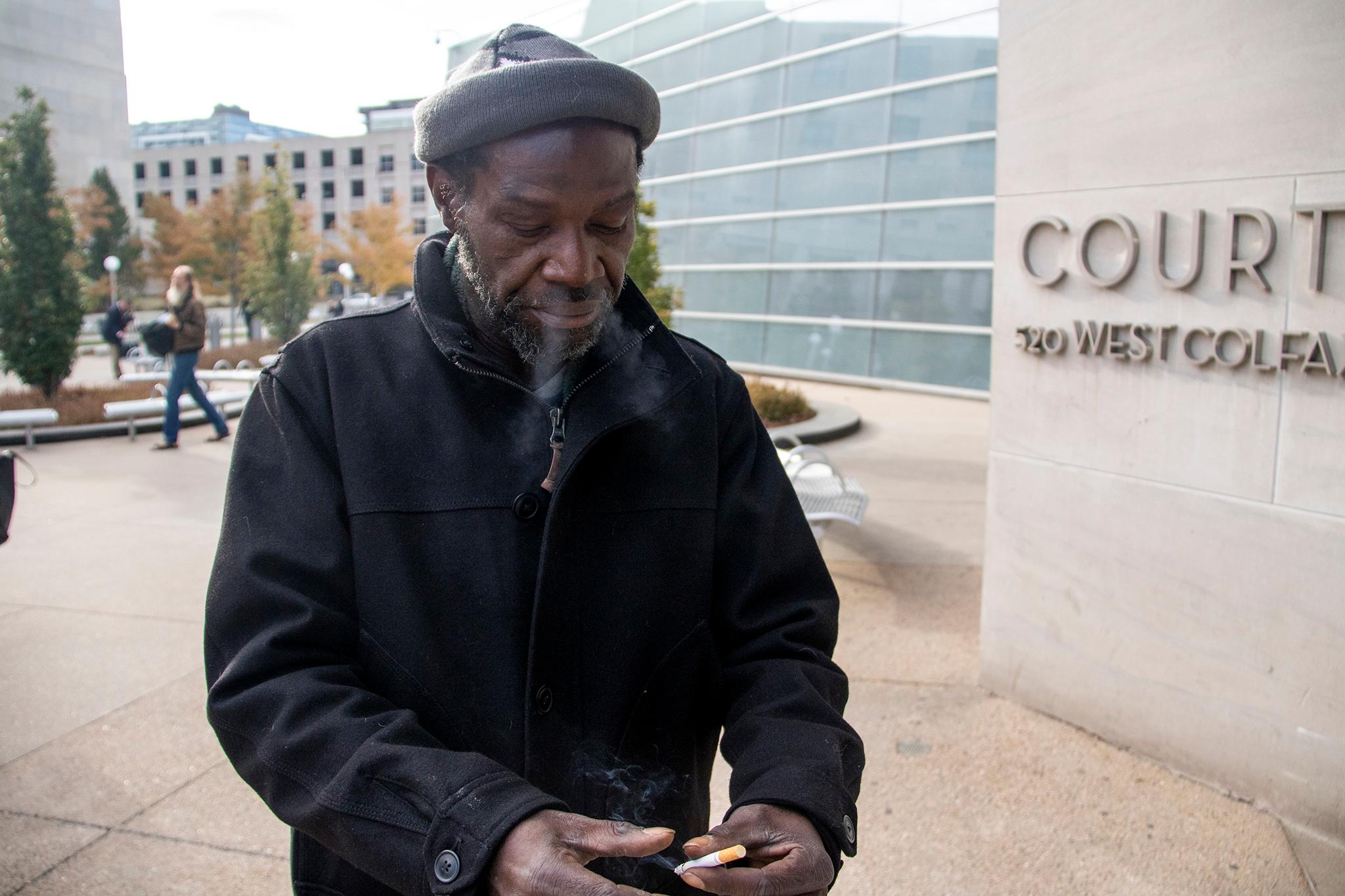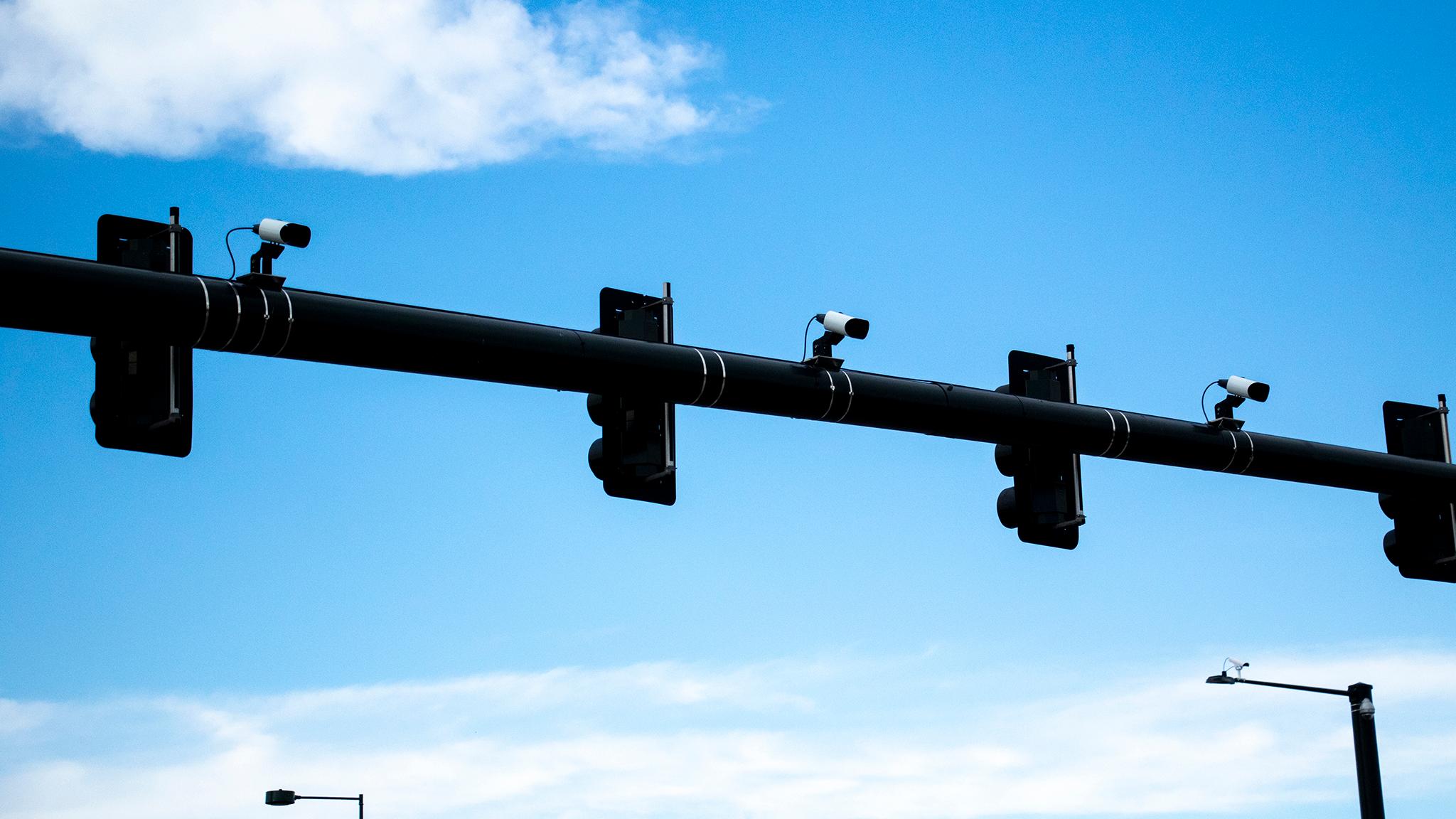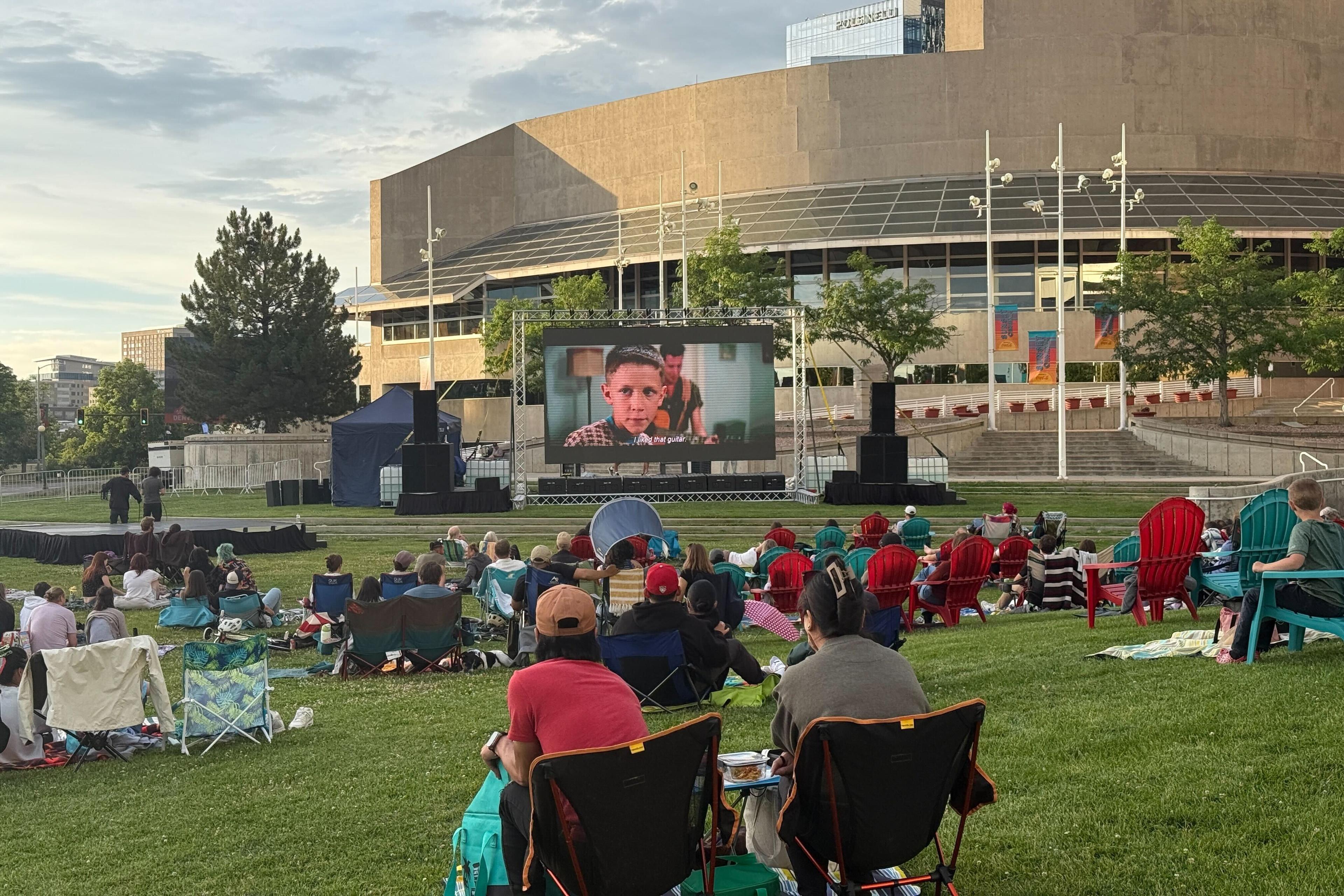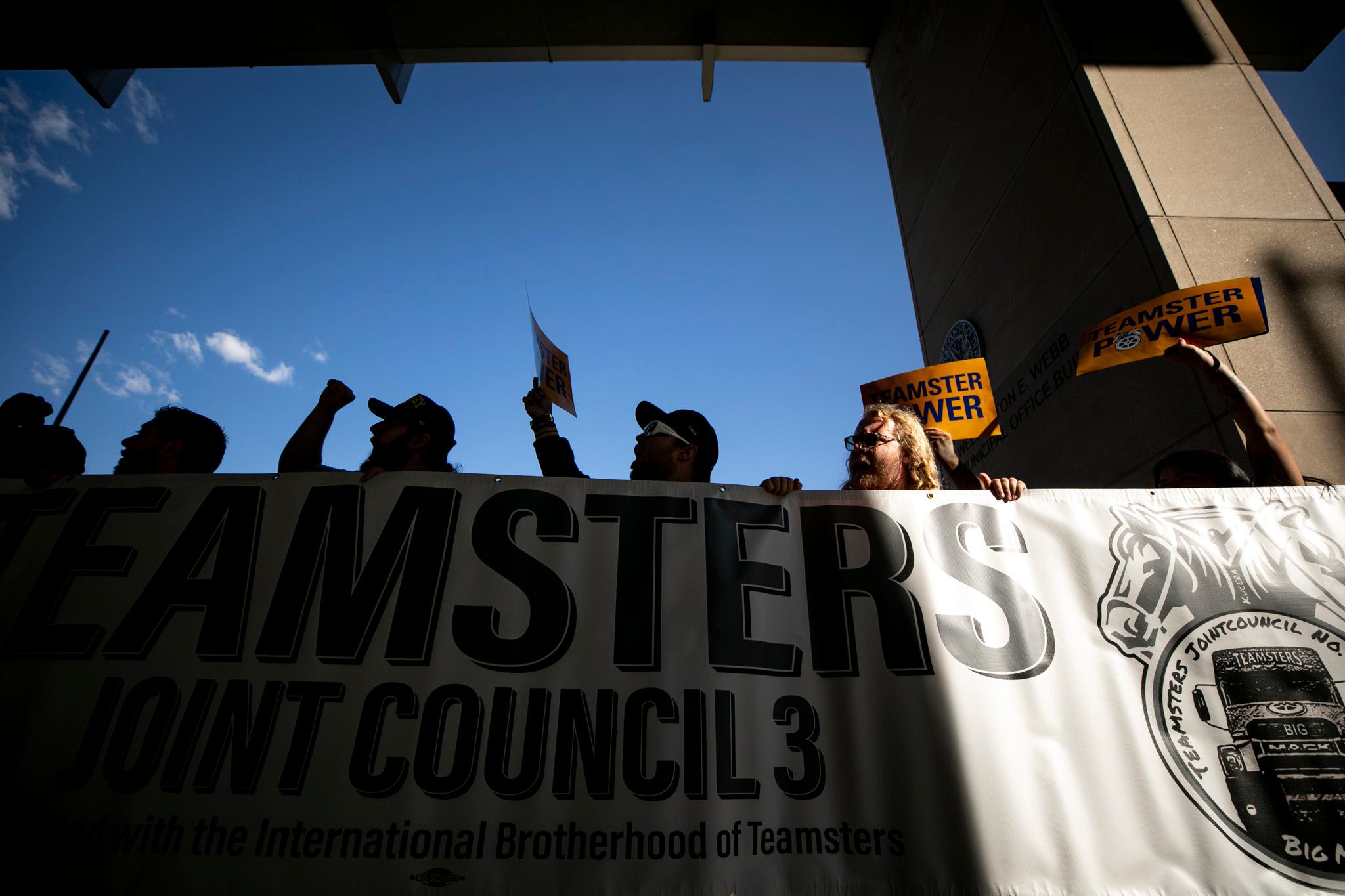The city's defense of Denver's urban camping ban included testimony from police officers who say their priority is helping people experiencing homelessness, not charging them with a crime.
Jerry Burton, who has lived on and off the streets of Denver for decades and is a homelessness rights activist, challenged the constitutionality of the ban after he was ticketed under it in April. That has led to a series of hearings before Denver County Judge Johnny Barajas that started in mid-October with Burton's witnesses arguing that the city council's 2012 ban amounts to criminalizing homelessness. The city called its first witnesses Monday.
The law, which Denver voters overwhelmingly refused to repeal earlier this year, outlaws eating, sleeping or storing belongings while using even a blanket to shelter in public. Police are under the law required to first try getting people to comply simply by asking, to offer help for those who need it, and to write a citation or make an arrest only as a last resort.
During testimony Monday, Officer Alicia Harris described tracking down the family of a man she first met late last year when downtown Denver residents contacted police about him because he was living in an alley.
"I ended up on my own time just going through Facebook and other sources, searching for his relations," Harris said. "I found his sister in Washington."
Harris, who is a member of the department's Homeless Outreach Team, arranged several phone calls between the man and his sister. Eventually, with help from a Mental Health Center of Denver program, she helped him travel by bus to reunite with his sister.
People experiencing homelessness during earlier hearings described stressful interactions with police.
Troy Smith, who also testified Monday, was among a half dozen officers who were on the scene the night Burton was arrested. During the first day of hearings on the constitutionality of the ban, Burton had described his weariness and frustration on April 29 when police approached him and others at a spot along the Platte River near the Salvation Army's Crossroads shelter in Five Points. Shortly before that, police had broken up a tent camp Burton had established in Curtis Park. Burton had hoped to demonstrate that such communities could be clean and well-run. Burton refused to take down a tent, insisting on being arrested near Crossroads so he could challenge the ban.
Smith said the night of the arrest one of Burton's companions at first asked for help getting a mat for the night at Crossroads. Shelter staff were willing, but told Smith the man could not bring his belongings because he had smuggled alcohol into Crossroads on previous occasions. The man then decided to return to Burton's camp, Smith said.
Smith said he has been able to persuade shelter staff to accept men after Crossroads has closed for the night, but understood those who show up without police escort are likely to be turned away. People experiencing homelessness testified earlier in the hearings that strict shelter curfews are among the reasons the city's shelters don't work for them. Experts Burton called also testified that couples who do not want to be separated; parents -- particularly fathers -- who find family shelters are full; and people with pets are among others who find Denver's shelters fall short. Burton argues it is unconstitutional to accuse people of breaking the law for sleeping on the streets when shelters are inadequate.
Burton also argues the law is unequally enforced. His attorney, Andy McNulty, questioned police and other witnesses Monday about whether the ban was enforced, for example, against people who do not appear homeless having picnics on the lawns at Civic Center.
Other witnesses for the city on Monday offered testimony that Judge Barajas said could speak to the intent of the camping ban.
Danica Lee, director of public health investigations for the city, went over 19 photos of camping sites, describing illegal drug paraphernalia, old food, propane tanks, evidence of rodents and human feces in the images.
"This is not a safe type of environment in my opinion for anybody to be living in," Lee testified.
Assistant Fire Chief Jeremy Vigil described gas tanks and other explosive and fire risks found at camps. In response to questions from Burton's attorney, Lee and Vigil said health and safety risks could be addressed by city rules and laws other than the camping ban, and even actions like providing more toilets, hand washing facilities and trash bins. They also acknowledged that the camping ban itself does not address such issues as littering, urinating or defecating in public of drug use.
Officer Harris, again under questioning by McNulty, said Burton's Curtis Park camp did not fit the description of the filthy, crime-ridden sites described during testimony Monday.
"It was kept cleaner than most," she said.












